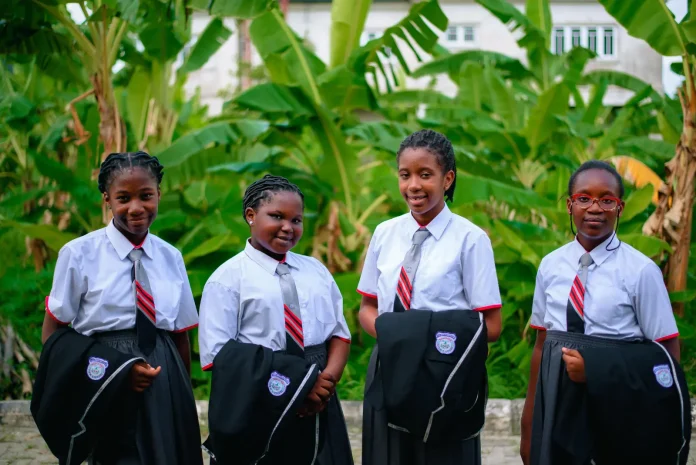VIOLENCE against women is one of the issues blighting Nigeria’s development. The intentional killing of women and girls because of their gender occurs in Nigeria in various forms: ritual murders, fatal domestic violence, and targeted killings disguised as cultural or religious practices. These acts are rooted in systemic inequalities, masculinity, and entrenched cultural norms that dehumanise women. Beyond individual tragedies, femicide reflects a collective societal failure which requires a decisive action.
Only last month, social media erupted with outrage over the tragic death of Christiannah Odogwu, a 300-level student of Olabisi Onabanjo University, Ago-Iwoye. She was allegedly murdered by her friend, Ayomide Adeleye, who reportedly kidnapped, raped, and even got ransom money from her family before snuffing life out of her. According to the DOHS Care Foundation, hers was the 76th documented femicide case in Nigeria this year alone
Beyond our shores, the global statistics are staggering. According to the United Nations report, over 89,000 women and girls were killed between 2022 and 2023, with many victims murdered by intimate partners or family members. In Nigeria, ActionAid recorded at least 401 deaths due to gender-based violence in 2022 alone. However, these figures likely represent only a fraction of the number, as many cases go unreported due to stigma and a pervasive culture of silence.
The lack of accurate data encumbers measures to address femicide. The data gap makes it nearly impossible to design targeted interventions just as economically motivated killings, such as organ harvesting further complicate efforts to know the true extent of this crisis
Besides, the inefficiency of law enforcement exacerbates the problem as the Nigeria police, ever unsupportive of victims of gender-based violence, poorly handle cases which are eventually dismissed or prolonged in courts. Out of 11,053 reported cases of rape and femicide, only 33 convictions were secured, reflecting a dismal justice system. This failure not only denies victims justice but also emboldens perpetrators.
There are also cultural and societal norms that feed the patriarchal traditions and uphold male dominance with occasional legitimisation of violence against women. Harmful practices such as child marriage and widowhood rites create room for debasement and abuse. The societal acceptance of violence as a disciplinary tool normalises aggression, thus helping to perpetuate cycles of abuse.
Economic dependency and poverty trap many women in abusive relationships. Without financial independence, escaping violent environments is often impossible. Substance abuse and the failure to hold perpetrators accountable further fuel the crisis. In addition, limited access to education leaves many ignorant of their rights, which reinforces gender inequalities.
Legislative reforms, though promising, have been inadequately implemented. The Violence Against Persons (Prohibition) Act of 2015 was a landmark legislation, yet only 23 out of Nigeria’s 36 states have domesticated it. Even in states where the law exists, enforcement is weak, and survivors face barriers such as police inaction, societal stigma, and a lack of support services.
To combat femicide, Nigeria should adopt a comprehensive approach and accurate data collection is paramount. This should be followed by establishing a national database on gender-based violence would enable targeted interventions by identifying high-risk regions and demographics.
All states must immediately implement and enforce the Violence Against Persons Act, ensuring swift justice for perpetrators and robust support for survivors. Law enforcement officials need gender sensitivity training to handle cases empathetically and effectively.
Public education campaigns are equally vital. Schools, religious institutions, and community leaders must challenge harmful cultural norms and advocate for gender equality. Empowering women through vocational training and financial programmes can reduce dependency and provide escape routes from abusive relationships.
We see femicide not just as a crime but also a public health emergency and a gross violation of human rights. It should be tackled headlong as its effects destabilise communities, perpetuate poverty, and deepen societal inequalities.
Nigeria cannot afford to turn a blind eye to this silent epidemic. Collective action from governments, civil society, and individuals is essential to prioritise women’s safety, dignity, and rights. Every woman deserves to live and to be free from fear and violence.


